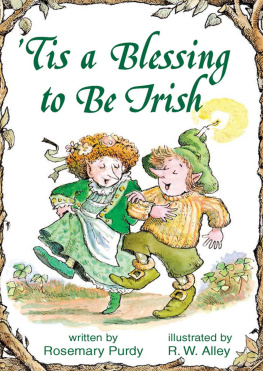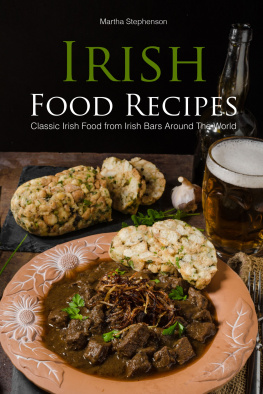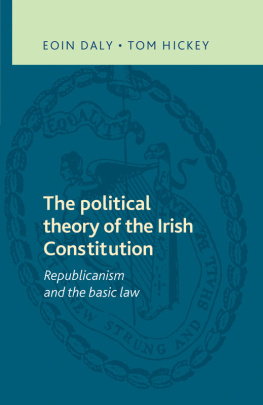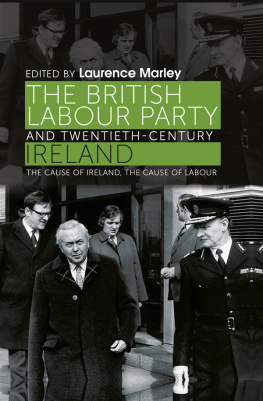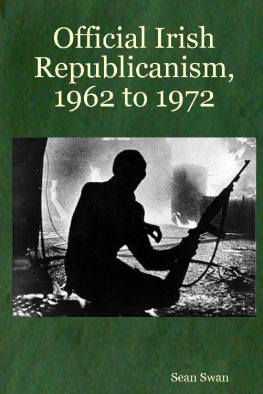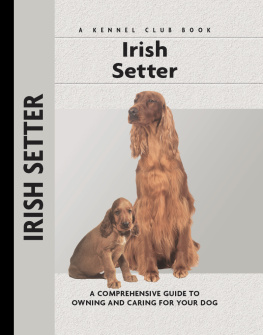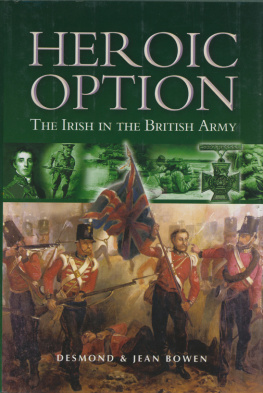THE LABOUR HERCULES
Jeffrey Leddin was awarded a PhD by the University of Limerick in 2017. He was editor of volume 15 of History Studies , Irelands oldest post-graduate history journal.
THE LABOUR HERCULES
THE IRISH CITIZEN ARMY
AND IRISH REPUBLICANISM
191323
Jeffrey Leddin
First published in 2019 by
Irish Academic Press
10 Georges Street
Newbridge
Co. Kildare
Ireland
www.iap.ie
Jeffrey Leddin, 2019
9781788550741 (Paper)
9781788550758 (Kindle)
9781788550765 (Epub)
9781788550772 (PDF)
British Library Cataloguing in Publication Data
An entry can be found on request
Library of Congress Cataloging in Publication Data
An entry can be found on request
All rights reserved. Without limiting the rights under copyright reserved alone, no part of this publication may be reproduced, stored in or introduced into a retrieval system, or transmitted, in any form or by any means (electronic, mechanical, photocopying, recording or otherwise) without the prior written permission of both the copyright owner and the above publisher of this book.
Typeset in Minion Pro 11/14 pt
Cover front: Irish Citizen Army on the roof of Liberty Hall (Camerapress.com 00209741).
Cover back: James Connolly, c. 1916 (NPA POLI10).
C ONTENTS
A CKNOWLEDGEMENTS
T his book could not have been undertaken without the generous and immeasurable help of numerous people. I wish to thank Dr Run ODonnell, who has provided constant and incalculable guidance and support.
I also wish to acknowledge the assistance and encouragement given to me by the History Department of the University of Limerick. Thank you to Professor Anthony McElligott, Professor Bernadette Whelan, Dr David Fleming, Dr Richard Kirwan, Dr John Logan, Dr John OCallaghan, Dr Alistair Malcolm, Dr Odette Clarke, Dr Niamh OSullivan and Dr Gavin Wilk.
I thank my friends and colleagues who provided constant comradeship through the years. Thanks to Dr Patrick McMahon, Dr Gearid Faolen, Dr Aileen Marron, Dr Stephen Ryan, Dr Niamh Lenahan, Dr Martin Walsh, Sen McKillen, Paul Hayes, Ger Maher, Patrick Miller, Lorraine Barron, and to anyone I have forgotten. My thanks also to all my friends outside of academia.
My thanks go to the staff at the libraries and archives I have visited while undertaking this research: National Archives of Ireland, Irish Labour History Society Museum and Archives, National Archives London, Dublin City Library, Military History Archives, National Library of Ireland and University College Dublin Archives. I also wish to thank the staff of the Glucksman Library, University of Limerick.
To my family, Ger, Ann, Steven, my grandmother and to my other late grandparents who have taught me a love of history and knowledge, and who have supported me in not just my education but all my work throughout the years. I could not have written this without you. Lastly, thanks and love to Sinad not just for your help with this project but for your never-ending support in all my aspirations.
A BBREVIATIONS
AAA Anti-Austerity Alliance
AOH Ancient Order of Hibernians
ASU Active Service Unit
BSP British Socialist Party
CA Connolly Association
CGT Confdration Gnerale du Travail
CMO Chief Mobilising Officer
CWC Clyde Workers Committee
DBC Dublin Bread Company
DMP Dublin Metropolitan Police
DORA Defence of the Realm Act
DUTCLL Dublin United Trades Council and Labour League
FFF Farmers Freedom Force
FGCM Field General Court Martial
GHQ General Headquarters
GOC General Officer Commanding
GPO General Post Office
ICA Irish Citizen Army
ILP Independent Labour Party
ILPTUC Irish Labour Party and Trades Union Congress
INAAVDF Irish National Aid Association and Volunteers Dependents Fund
INL Irish Neutrality League
INLA Irish National Liberation Army
IPP Irish Parliamentary Party
IRA Irish Republican Army
IRB Irish Republican Brotherhood
ISRP Irish Socialist Republican Party
ITGWU Irish Transport and General Workers Union
ITUC Irish Trades Union Congress
ITUCLP Irish Trades Union Congress and Labour Party
IWG Irish Workers Group
MO Mobilising Officer
NUDL National Union of Dock Labourers
NUR National Union of Railwaymen
OGCM Ordinary General Court Martial
OIRA Official Irish Republican Army
QM Quartermaster
PIRA Provisional Irish Republican Army
POW Prisoner of War
RCSI Royal College of Surgeons in Ireland
RIC Royal Irish Constabulary
SDF Social Democratic Federation
SLP Socialist Labour Party
SPI Socialist Party of Ireland
TUC British Trades Union Congress
UIL United Irish League
UVF Ulster Volunteer Force
T HE A RMED N ATION : E UROPEAN
C ITIZEN A RMY T HEORIES AND THE I RISH
R EPUBLICAN N EXUS , 18661913
V ariously referred to as the Transport Union Citizen Army, the Citizen Army, and rm Lucta Oibre na h-ireann (Army of the Working Class of Ireland), the Irish Citizen Army (ICA) was the most distinctly leftist element of Dublins revolutionary republicans between 1913 and 1923.
R.F. Foster argued for an understanding of the role of the tipping point in revolutions: the moment when substantive change becomes possible,
The nascent radicalisation of nationalism was a key factor in the evolution of rm Lucta Oibre na h-ireann. However, other contexts were also important. The force was defined by the two labour titans, James Larkin and James Connolly. Both lived and worked in Britain and America, and were international men. Wider pan-national socialist and syndicalist thought must be understood in order to properly assess the force in which they were so influential. A key component of this was the development of an armed nation theory which began to be expressed by European socialists and social democrats from the 1860s.
In 1925, J.D. Clarkson described the force as the first red army in modern Europe.
Naturally, the first manifestation of this occurred in the Socialist International gatherings. The International in Geneva in 1866 discussed the French delegates submission that an armed people should be implemented by the worlds countries instead of professional troops. The proposal was carried.
The majority of writing on the theory was disseminated from the First and Second International, and other bodies closely linked with those socialist organisations. The immediate question which faced the various bodies of the International was that of their attitude to the military arrangements of their respective countries as well as the question of the best means in which war could be avoided. There was no simple answer arrived at because the majority of countries had followed Prussias example and implemented universal compulsory military service, something from which Quelch was at pains to dissociate his armed nation concept.


